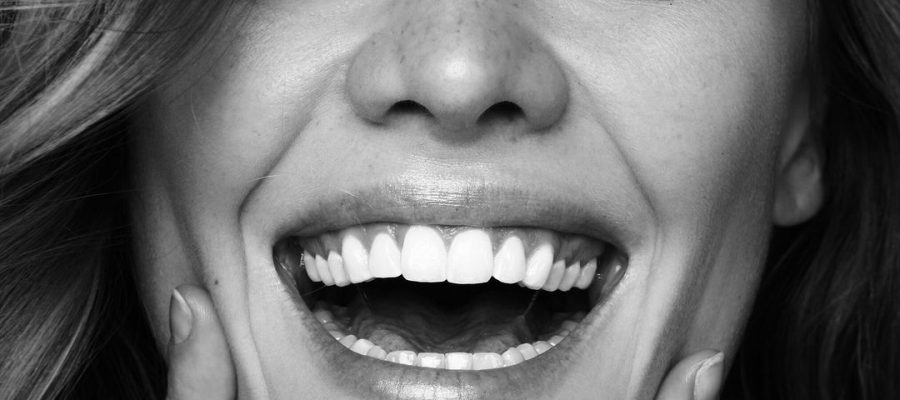
Are sugar free drinks bad for oral health:
The majority of dental erosion that originates from extrinsic sources is the result of dietary intake, particularly acidic beverages. Diet sodas were originally created in the 1950s for diabetics; however, they were later sold to any person aiming to lose weight or cut back on sugar.
The health benefits of artificial sweeteners and diet drinks are debatable, even though they are free of calories and sugar. basically, diet soda is a blend of carbonated water, natural or artificial sweetener, flavors, colors, and additional food additives.
It often contains very little to no calories and adds no nutritional value to your diet. For instance, a 12-ounce (354-mL) can of Diet Coke has 40 mg of sodium and no calories, sugar, fat, or protein.
But not all diet sodas with artificial sweeteners are sugar-free or low in calories. Some combine sweetener and sugar. For instance, a can of Coca-Cola Life, which uses stevia, has 24 grams of sugar and 90 calories.
It is widely known that consuming soda and other high-sugar beverages can lead to dental caries. Because sugar-free beverages don’t contain any sugar, it makes sense to think that they won’t cause decay.
Sadly, due to their high acidity, sugar-free drinks can still promote tooth cavities and enamel erosion even though they are better than usual beverages.
Let’s look how sugar-free beverages can still harm your teeth and several sugar-free drink alternatives that can help protect your teeth.
Low-pH foods and beverages, such as juices, energy drinks, and sugar-free drinks, are acidic and carry a significant risk of teeth erosion. In reality, despite having little to no sugar that feeds bacteria, diet sodas can erode enamel just as much as regular sodas. This is due to the presence of phosphoric acid, a highly corrosive acid found in sugar-free beverages, which weakens and erodes enamel and increases the risk of tooth decay. When the acids weaken the enamel, the dyes reach under layers of the teeth and can result in more permanent stains.
Drinking sugar-free beverages will cause your dentin to become more exposed over time. Your teeth may consequently become more vulnerable to cavities and more sensitive to hot and cold food and drink. Soft patches will ultimately form in your mouth but they won’t appear overnight. Dental x-rays can highlight regions where enamel may have worn away and identify soft patches. Enamel doesn’t simply regrow after it has been worn away. Crowns or fillings can be necessary to restore the tooth’s protection.
Several preventive measures have been proposed to reduce the damage to the dentition, including a reduction in the consumption of causative beverages and the adoption of a specific methods
Protecting oral health:
- Alternative drinks: if you can’t quit taking sodas, try drinking less throughout the day. similarly, next time you’re craving a can of diet soda, try taking a beverage with low acidic content. Black tea, black coffee, sparkling water, milk, and even diluted juice are less erosive than sugary and sugar-free beverages.
- Consumption during meals: It’s better to finish your drink in one sitting instead of continuously sipping throughout the day. The reason is that Sipping on sugary drinks throughout the day accelerates enamel erosion because it continually exposes your teeth enamel to sugar or acid and your saliva doesn’t have enough time to neutralize your mouth’s ph.
- Drinking through a straw: Use a straw to minimize contact between your teeth and any erosive acids
- Brush your teeth: It is suggested to wait an hour, as brushing too soon after drinking an acidic drink will just spread harmful acids around your mouth before your mouth’s pH is neutralized by your saliva. Use fluoride toothpaste when it’s time to brush, and make sure to floss.
- Rinse with water: Instead of brushing immediately after a drink, its better to rinse your mouth with water until your mouth returns to neutral Ph
- Taking milk or cheese: Calcium-rich foods are known for neutralizing decay-causing acids. So, you can take milk or cheese after a drink.
- Balanced diet: Sodas should only be used on occasions and it should not be the main source of hydration or energy. If you ask a dentist, he will agree that a balanced diet including a minimal amount of sugar, processed foods, and acidic foods is the best way to maintain your oral health. Balanced diet is the best possible kind of dental insurance.
By following these tips, you can enjoy sugar-free drinks in moderation while protecting your oral health.

